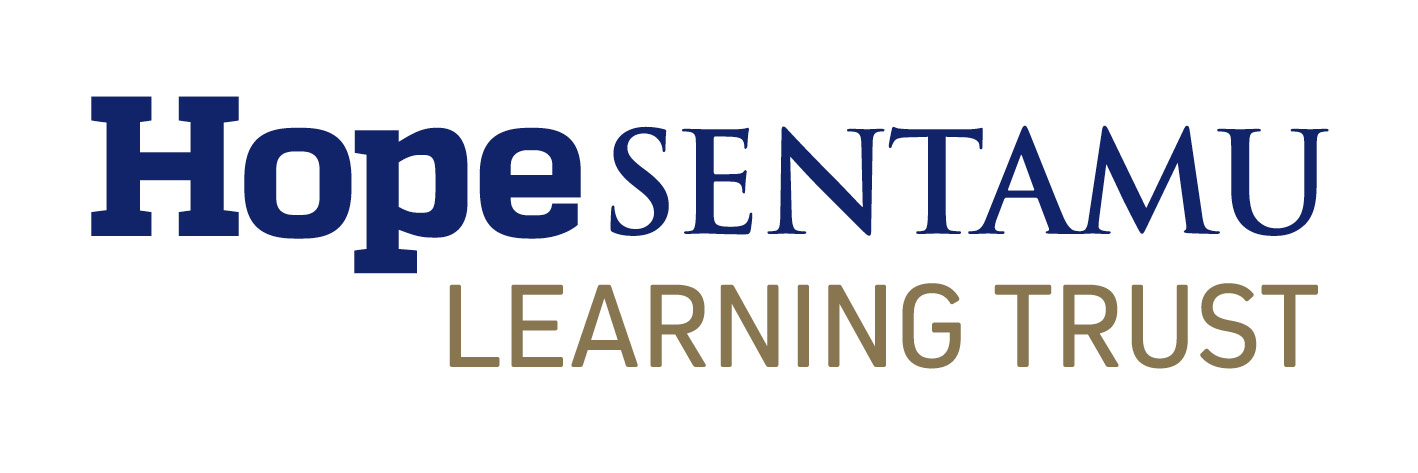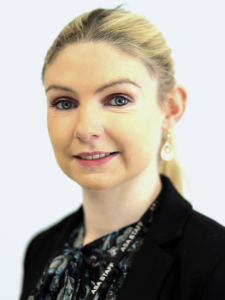- Home
- About us
- Vision and Values
- Our Schools
- Archbishop Sentamu Academy
- Aspire Academy
- Barlby High School
- Burton Green Primary School
- The Compass Academy
- Forest of Galtres Anglican Methodist Primary School
- George Pindar School
- Graham School
- Manor CE Academy
- Newland St John’s CE Academy
- Poppleton Ousebank Primary School
- Skelton Primary School
- St James’ CE Academy
- Vale of York Academy
- Key Information
- Central Services Team
- Our Partners
- Joining the Trust
- Admissions Consultation
- British Values
- Our Research
- Vacancies
- Governance
- Support
- Train to Teach
- Development
- Vacancies
- Contact


 Tori Murphy, Assistant Vice Principal at Archbishop Sentamu Academy, shares what she and her colleagues have been learning from engaging with the
Tori Murphy, Assistant Vice Principal at Archbishop Sentamu Academy, shares what she and her colleagues have been learning from engaging with the 
